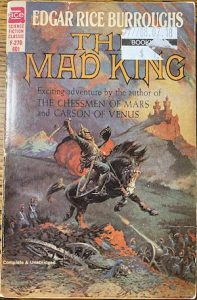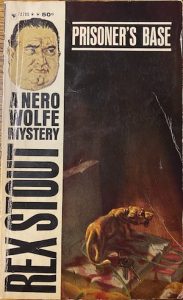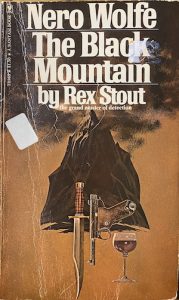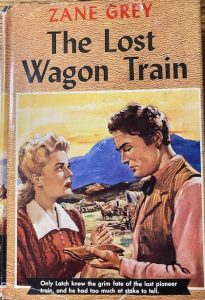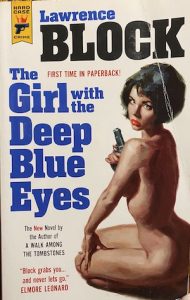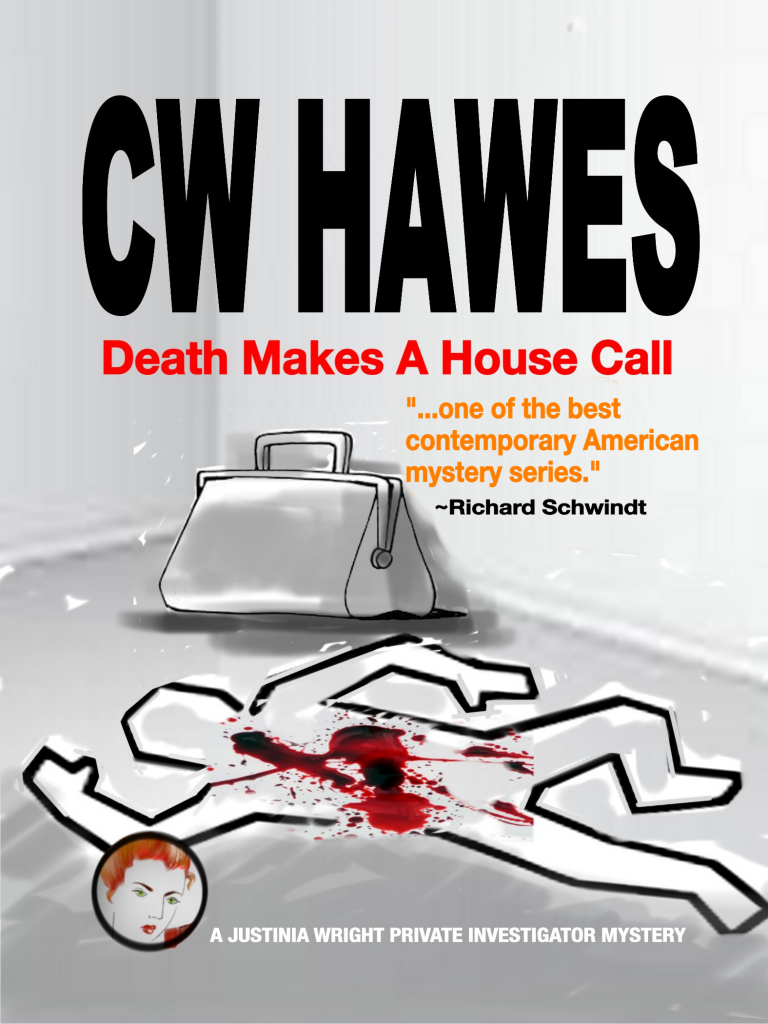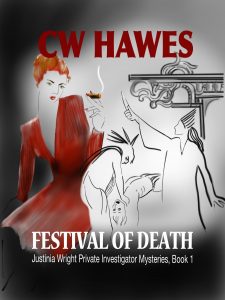A writing guru whose mailing list I’m on is always advising us writers to sell the read, not the book. And that’s ultimately what we are all trying to do. Some of us just do so better than the rest of us.
As a reader, that is, of course, exactly what I want to know: where will I be going, what will I be experiencing, feeling, doing as the result of reading this book. The book I’m considering buying, or the one I bought and am considering reading.
I read fiction primarily for entertainment. If I learn something new along the way, or am given cause to stop and think for a moment — extra kudos go to the writer.
For me, reading is no different than watching TV, or a movie, or playing a video game. Except my imagination is doing the work, instead of someone else’s — and that’s what makes reading, IMO, the better form of entertainment. Even the best form. Reading is active. Videos, in all forms, are passive. And active is good. Stretching those imagination muscles is good. It’s why reading is my favorite form of entertainment.
The other day I was reading Lawrence Block’s introduction to one of the editions of Black Orchids, the ninth Nero Wolfe mystery, by Rex Stout.
Block’s observation as to why we reread the Nero Wolfe mysteries is enlightening, and I think a vital key as to why some of us really get into books. Block wrote:
I know several men and women who are forever rereading the Nero Wolfe canon. …
They do this not for the plots, which are serviceable, nor for the suspense, which is a good deal short of hair-trigger even on first reading. Nor, I shouldn’t think, are they hoping for fresh insight into the human condition. No, those of us who reread Rex Stout do so for the pure joy of spending a few hours in the most congenial household in American letters, and in the always engaging company of Nero Wolfe and Archie Goodwin.
… we know these two, and it is a joy to see them simply being themselves.
What Block wrote describes to a T why I thoroughly enjoy rereading the Nero Wolfe mysteries. Stout wrote in such a way that we are the fly on the wall observing the goings on in that delightful brownstone.
I’d go one step further than Mr Block: any book I read is for the characters. I don’t read for the plot. One reason, I suppose, why I enjoy plotless novels. I also don’t read for the suspense, which I prefer rather low key. And I’m old enough that I probably won’t learn anything new about the human condition.
I read for the characters — pure and simple. The experience of meeting new and interesting people.
If a writer can deliver the goods, characters I can fall in love with, then he has me hook, line, and sinker. I don’t care what else is in, or not in, the book.
Unfortunately, this does not occur all that often. Most writers seem obsessed with the plot. They are too busy counting plot points or beats, writing a detailed outline, following the Hero’s Quest, or whatever other nonsense is being pushed by the writing guru of the moment.
Most writers fail to heed Bradbury’s Dictum: create your characters, let them do their thing, and there’s your story.
Fiction is not about the plot — it’s about the characters. The characters are the ones who pull us into the settings, the time period, the world they inhabit.
I cannot recall one book where I walked away remembering the plot and not the characters. Not a single one.
At base, plots are simple. There are at most just a handful of stories. They are mundane at best. But characters, like people, are complex. Everyone has an outer life and an inner life. Good characters are no different.
Which is more interesting? Tarzan, or the plot of a Tarzan novel? Dirk Pitt, or the plot of a Dirk Pitt novel? Sherlock Holmes, or the plot of a Sherlock Holmes story?
Many of us would like to get into a spaceship and fly off to other worlds. I don’t remember a single plot in Eric Frank Russell’s Men, Martians, and Machines. But I do remember the chess playing octopoid Martians, and the android Jay Score.
Good characters pull us into their world. We become one with them and experience what they experience. This is because the writer can’t give us everything. He can only suggest, and once he does our imaginations take over and do the rest.
This is not the case with even a good movie or TV episode. That’s because we’re passive. Everything is fed to us. We can only react. We are limited to what’s on the screen — which is why special effects are becoming increasingly important.
However, my imagination can do what special effects will never be able to do. My imagination is mine and makes the story live for me. Special effects are general. They target everyone, and in the end that means they shoot for the lowest common denominator. My imagination produces special effects tailored for me.
The secret to a good book lies in the characters. They make any old plot shine. Because it’s the characters who make the plot come alive. Create the characters, let them do their thing — and there is the story.
As a reader, I appreciate the wonderful characters good writers create.
As a writer, I appreciate the readers who fall in love with my characters.
No greater compliment was paid to me then when this review appeared for Trio in Death-Sharp Minor:
Some fictional universes are just places you want to be, and I have been so moved by the world CW Hawes has created for private detective Justinia Wright and her brother, Harry. … I would drop by their house any time, if only for a glass of Madeira.
Tina and Harry’s home will never top that of Nero Wolfe and Archie Goodwin. However, I will be very satisfied if I’m granted second place.
Comments are always welcome! And until next time, happy reading!
Share This!

